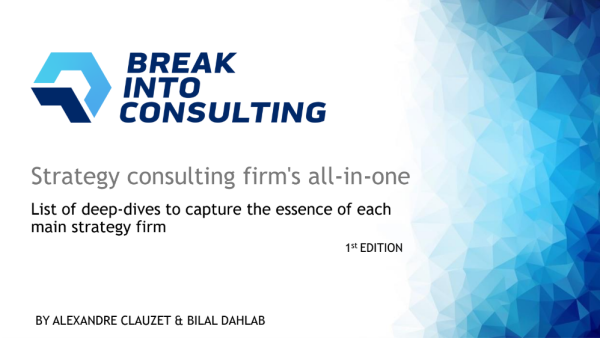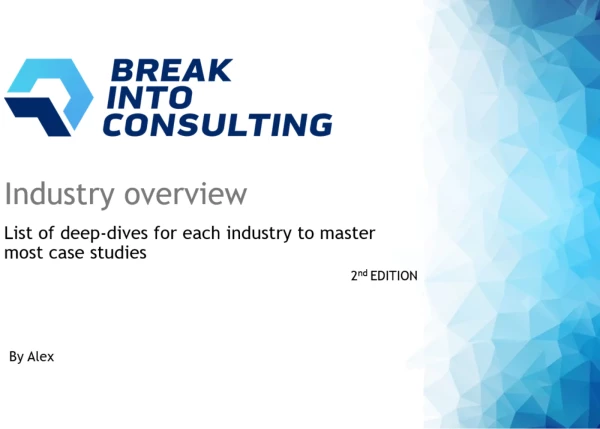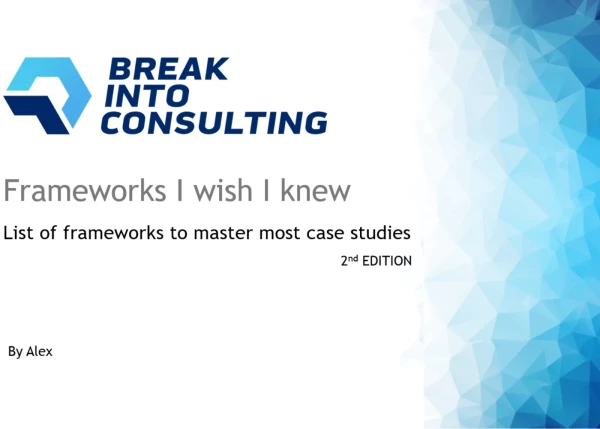I was wondering if anyone knows how most people finance an MSc in Management?
I am considering studying at a business school next year but I would have to take a considerable loan in order to do so.
Do you think it is crazy to consider such a loan (30-40k euros) or is this how most people finance business school straight from undergraduate level?
To give you some context, I attended final round interviews with several top firms however did not get any offers. My preferred option would be to land an offer at one of these firms after business school. I did not go to a target school and I did not study a common degree for consulting like engineering, finance or business.
I understand this is a difficult subject to advise on but any comments are welcome.
Thank you very much.








